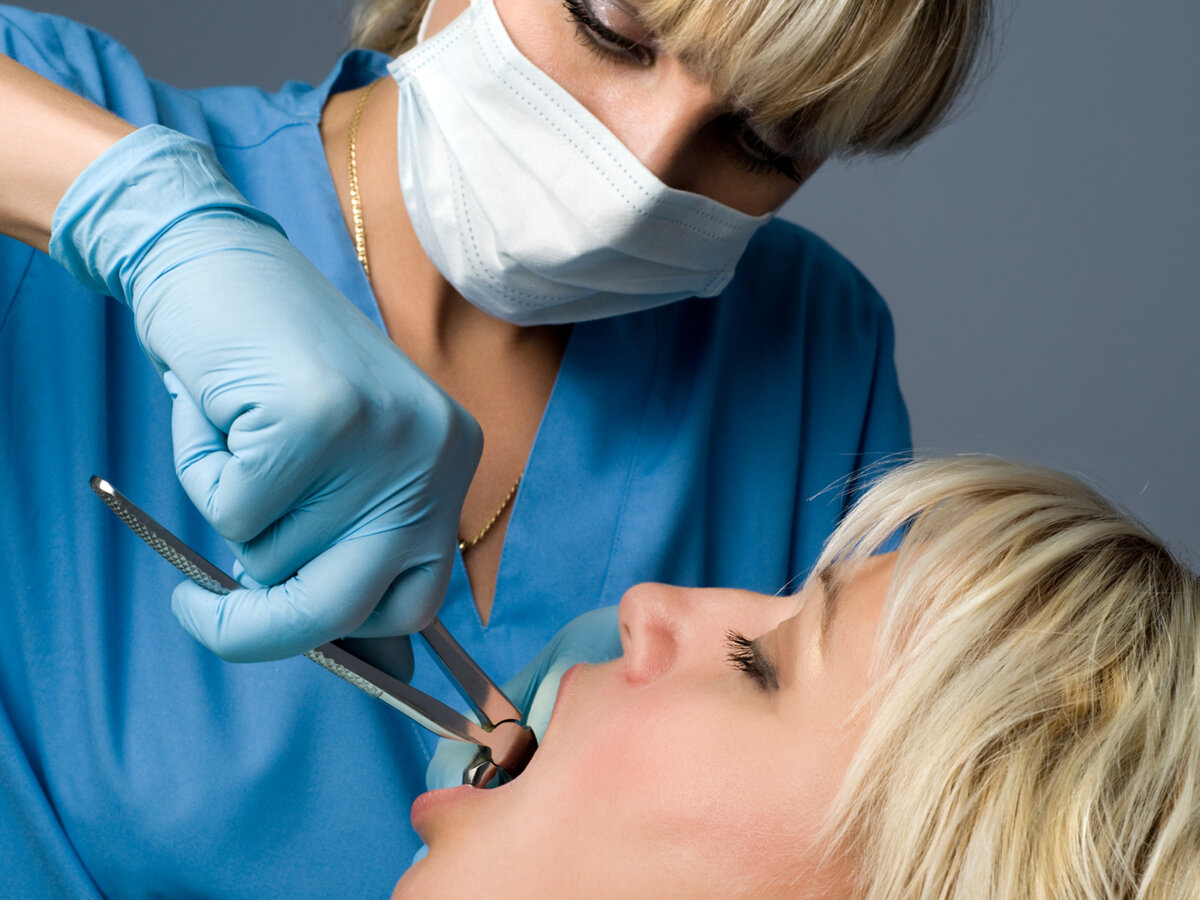Blog
Dental hygiene tips for healthy teeth & gums

Can I Have A Tooth Removed If There’s Infection There?
There is a widespread belief that if your tooth is infected or abscessed, the dentist or oral surgeon will not perform tooth extraction till the infection is healed. But in most cases, this belief does not hold. In general, it is better to get the infected tooth removed as soon as possible. If you wait, the infection may reach deeper into the nerves and roots of your tooth, or affect surrounding areas.
What Happens When a Tooth Is Infected?
The bacteria that has caused the tooth infection can find a crack, deep cavity, or some other defect to find its way to your tooth’s pulp and result in nerve damage. The nerve of your tooth starts dying in the presence of bacteria. The dying nerve creates gases and few other byproducts, which may eventually cause pain and inflammation. Gas built up in the tooth area creates pressure which is the reason for the pain. The pus buildup causes swelling.
Sometimes a damaging nerve might not result in symptoms, and you may stay unaware of it. This is because your body’s inherent immune system tries to contain the infection. If the immune system succeeds, you will have very few symptoms, but the infection remains.
What Other Features Dentists Consider To Identify A Tooth Infection?
Dental professionals will also do some physical examination of your mouth to find signs of infection. Some of the signs are listed below:
- The color of a tooth is darker compared to other teeth.
- They might perform a dental x-ray to find any dark area present at the end of your tooth root.
- Presence of a fistulous tract (it is a drainage tract that looks like a pimple but is present on the gums).
- If an area is pressed, pus oozes out of it.
Even when you do not think you have an infected tooth, it might still be there. This infection will not go by antibiotics as the bacteria is already grown and cannot be stopped from pervading the pulp chamber. Your dentist might try draining out the infection, do a root canal or extract the infected tooth.
Why An Extraction is a Must When Tooth Is Infected?
For as long as the infected tooth remains in your mouth, there are chances of infections reaching your jaw, neck, or head. If the infection is extremely severe, it might even cause brain damage and prove to be life-threatening. At times the tooth might be infected beyond repair and the dentist has no choice but to remove the tooth. After removal of the tooth, a little infection may persist in that area. Your dentist would evaluate and either drain out the infection or treat it with antibiotics.
There are certain cases when the dentist might advise against the extraction of an infected tooth. If your face has swollen excessively or the oral tissue has stretched, then infection needs to be drained and you would need to use antibiotics.
It is crucial to extract an infected tooth as soon as possible. It is best to visit your dentist regularly so that any signs and symptoms of infection can be caught early on and you can avoid any type of complications. Schedule your appointment with a dentist today and get the treatment on time!


